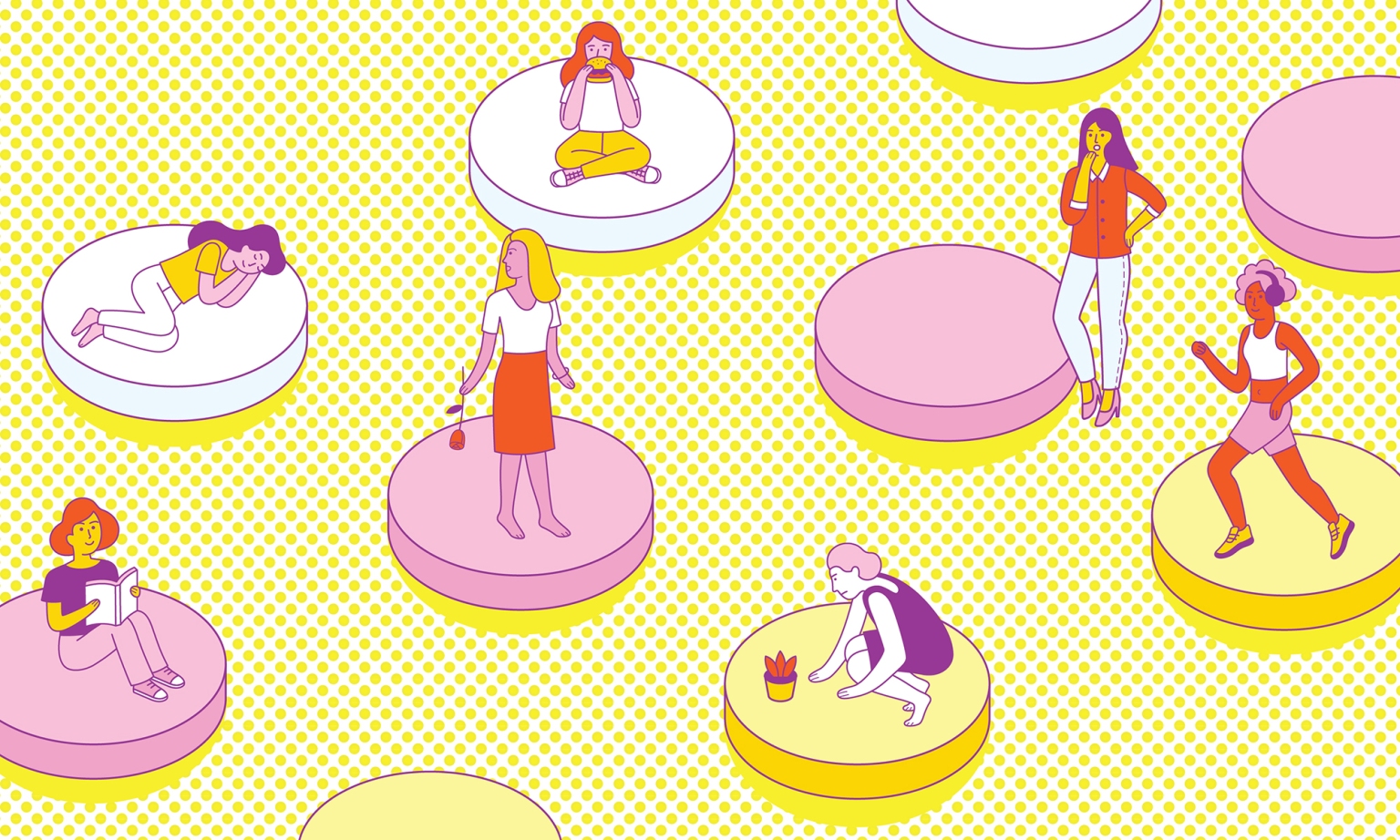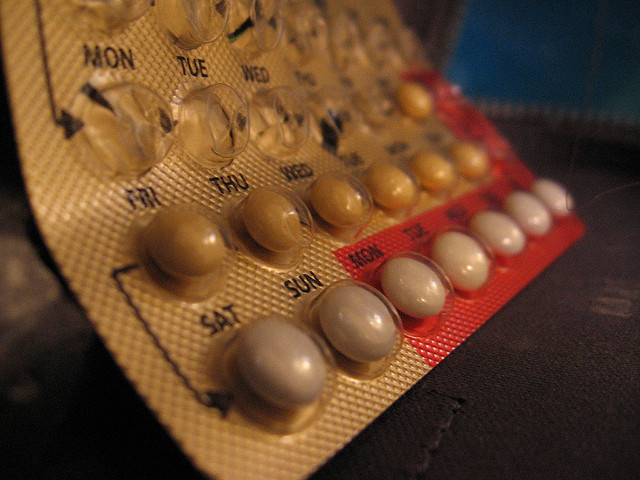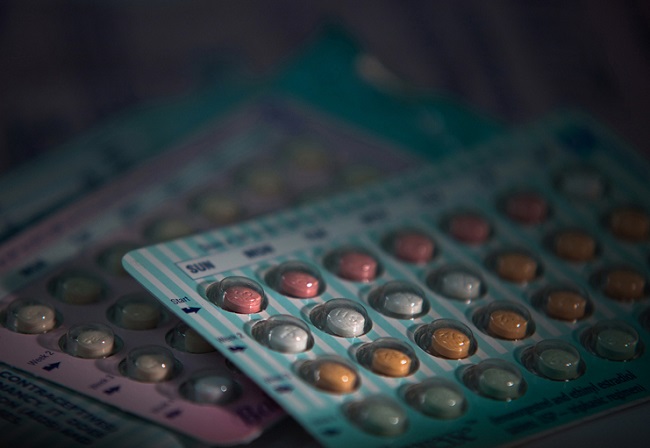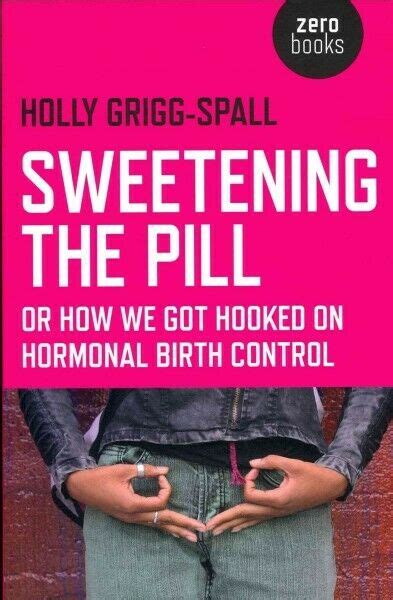Contraceptive freedom made women in Britain richer, but the prescription rate is falling and even after decades its effects on the body are far from clear
It was one of the greatest medical and social advances of the 20th century, a quantum leap for women’s freedom. Sixty years ago today Britain’s young, married women were told that if they started taking a tiny pill every day they could be both sexually liberated and in complete control of their fertility.
….When we asked for your experiences we heard from women of all ages. For most, this form of contraception has had unparalleled benefits: a way to manage heavy periods, PMS or other painful conditions, a greater sense of control over one’s body and, of course, a way to prevent pregnancy.
Others had a different story to tell. They spoke of lowered sex drive, mood swings, depression and emotional numbness. The list of physical side effects was long: spots, bloating, weight gain, cramps, headaches, vertigo, tender breasts, hair loss.
Today the pill is still the most popular type of contraception for women in the UK, but prescription rates are falling. NHS data for England shows that in 2020-21 there was a 39 per cent uptake of the contraceptive pill, down from 45 per cent in six years. So what’s behind the decline? And 60 years on, how much do we really know about the pill?










